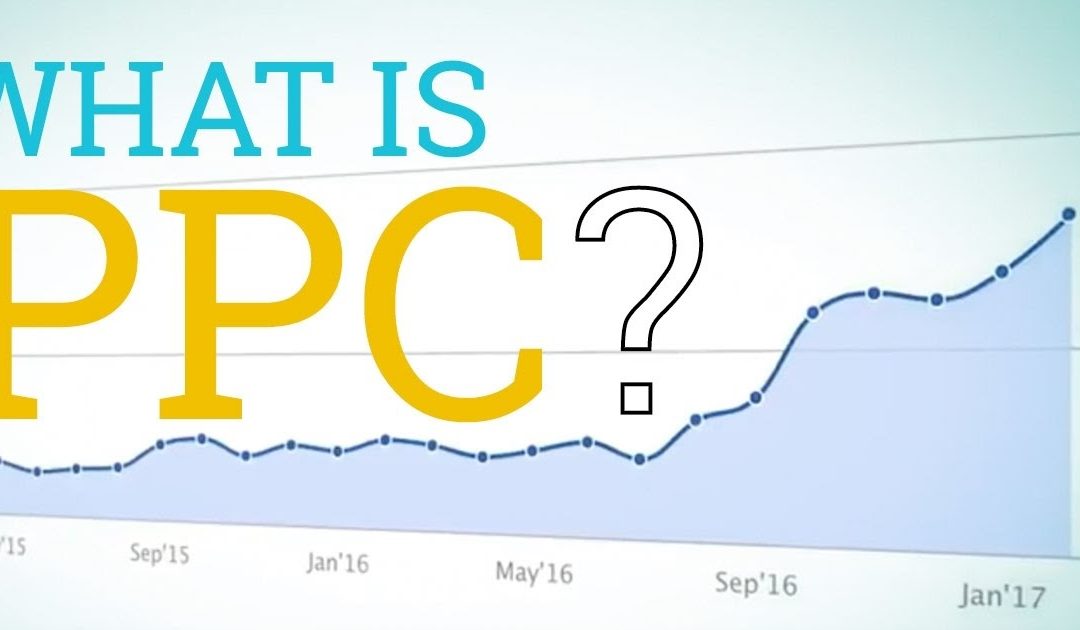PPC is the abbreviation of Pay Per Click which is basically an online marketing model where advertisers pay for each click of the consumer on their Ad. Specifically, PPC helps the advertiser to gain more visitors to the site with advanced technology instead of getting the impression by the old method of organically getting the visits.
Everyone wants improvement in their business and those using online advertising methods expects higher ROI for their online ads. To get higher ROI it is necessary to understand PPC and the methods to use it efficiently otherwise you might end up getting no benefit of PPC campaign. To avoid the mistakes you need to understand PPC thoroughly and this article will help you to do that.To understand PPC we need to know all three major elements that work together to make PPC work for your ads. These are Advertisers, PPC network and Publisher.
Check out webtechcoupons.com for Bing ads coupon
Understanding PPC with respect to Advertisers
Advertisers are the Businesses or the people who run marketing campaigns online using PPC strategy where they pay to the PPC networks that are Google Ads, Bing Ads, Facebook Ads every time their ad is clicked by a consumer. PPC networks give your ad a higher position on their web page by analyzing the keywords they are targeting and the competitors of that keyword. Through this analysis, PPC networks decide which Ad will get the impression.
Now, what happens when the same keywords are used by many advertisers?
When the same keywords are used by many advertisers the competition to gain impression of these keywords increases and since there are only a few most attractive spots for advertisements on PPC Networks so the competition becomes tough.
How do Publishers Works with PPC?
The websites or individuals who collaborate with PPC ( Pay Per Click ) networks so that they could earn revenue by providing these ads with impressions and higher chances of conversions. Most of the times these publishers are the owners of websites on which these ads are displayed. These website earns through the revenue generated by the PPC method and gets a part of it. Now how it is decided that how much the publisher is going to get from it depends upon the keyword the consumer has used the average bid of the keywords.
The main purpose of these publishers is to get a higher number of networks display and potential audience. Through these networks and webmasters, a higher range of conversions can be achieved. While creating a new PPC campaign a choice is given to the advertiser that he can either choose to display their ad on the network or with their partners. The advantage of having partners and publishers is that the cost per click decreases. This method also proves to be a financial benefit for PPC networks and publishers at the same time.
Now you need to know how pay-per-click PPC works with respect to Bidding.
When you start a campaign and select your keyword the search network provides 4 slots above the organic search result. This position that is allotted on the basis of the average bid of the keyword. But keep in mind that it is not always impactful to bid for the first spot for your Ad. How is it possible to get higher chances of a successful campaign at spot 4?
By using Google keywords planner you will be able to get more clicks that will lead you to a higher number of conversions in less budget than spot 1. The Google Keyword Planner tool can give you an estimate of your budget and the position you will get for your particular keyword.
Quality score is a very significant factor in the understanding of PPC
Google calculates the quality and relevance of the keywords used by advertisers, landing page and PPC campaigns, this rating by Google is called Quality score. The benefit of getting higher Quality Score increases the chances to get more ad clicks in less budget. The quality score tells about the cost per click (CPC) and if you multiply this cost by the maximum bid you can determine your ad rank in the ad auction. Quality score is dependent upon the following factors mentioned below
- Your click-through rate (CTR).
- The relevance of each keyword to its ad group.
- Landing page quality and relevance.
- The relevance of your ad text.
- Your historical Google ads account performance.
The question here arises that how much each factor’s significance weighs in determining Quality Score. The Answer to this question is not known by any source outside Google exactly. However, click-through rate CTR is considered to be the most significant factor that affects quality score. Getting more clicks and conversions also help Google to determine your quality score and gives your ad:
- Higher ad rankings
- Lower costs
What steps do you need to take once you start your PPC Campaign?
You are required to manage your campaigns on a daily basis once you have started your ad campaign. It is important to regularly manage your google ad account because it helps you to predict your account success in the best way. So it is recommended to analyze the performance of your campaign and keep it optimized by adopting the following adjustments:
- Add PPC Keywords: The addition of relevant keywords can help you to expand the reach of your PPC campaigns.
- Add Negative Keywords: Negative keywords is a very important strategy in PPC campaign as you eliminate those keywords that are non-converting terms. This helps to improve your campaign relevancy and reduce wasted spend.
- Split Ad Groups: If you split your ad groups into smaller and more relevant ad groups you can improve your CTR and quality score and help you to create more targeted ad text and landing pages.
- Review Costly PPC Keywords: Reviewing those keywords that are proving to be expensive and underperforming can help you to run your ad campaign in with much better performance.
- Refine Landing Pages: you need to align with your landing page with the search query and for this purpose, you need to modify the content and calls-to-action (CTAs) of your landing pages for better results.



